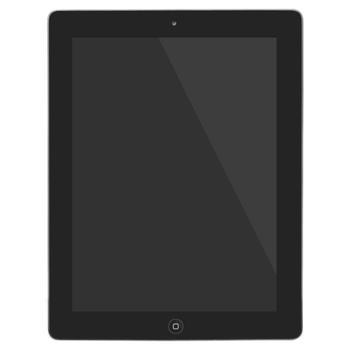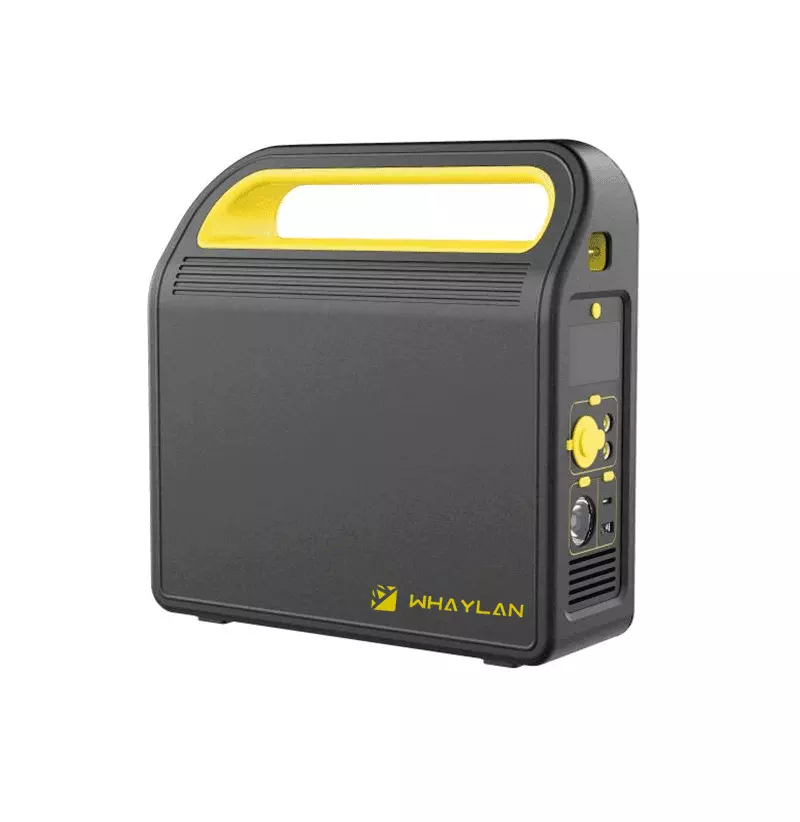 The sales of mobile devices such as tablets and smartphones are now growing sharply relative to traditional PCs. At present, this is an undisputed fact. It seems that the judge Sameer Singh BitChemy Ventures (foster scientific and technological development industry) seems to be an analyst to make a right, Tablet PC shipments are expected to surpass PC shipments for the first time.
The sales of mobile devices such as tablets and smartphones are now growing sharply relative to traditional PCs. At present, this is an undisputed fact. It seems that the judge Sameer Singh BitChemy Ventures (foster scientific and technological development industry) seems to be an analyst to make a right, Tablet PC shipments are expected to surpass PC shipments for the first time. Singh pointed out in the analysis that if optimistic, shipments of tablet PCs will reach nearly 80 million units in the fourth quarter of this year. In contrast, PC shipments may only hover between 70 million and 75 million. between. If the situation is even worse, as of the third quarter of this year, PC shipments may be only 65 million units, while tablet PCs sales will be higher than 75 million, which also makes it beyond the time a quarter earlier .
He also said: "The estimate for their shipments may be affected by the penetration of low-cost tablet computers in emerging markets and the changes in the Windows 8 operating system. However, I can still confidently tell you that tablets. The shipments will definitely exceed the PC."
The sales of the PC market are declining. The public's usage and demand for smart phones and tablets have surpassed that of PCs. Believe that such remarks have been heard by everyone, as if every sentence gives a feeling that the PC is going to perish. But is it really true?
Will the PC die?
The definition of PC for most people is basically understood as desktop and laptop computers. So what exactly is a PC? Is a computing device equipped with a keyboard and mouse or a touchpad? Or a device that can replace its hardware facilities and carry an X86 processor at random?
Merriam-Webster (America's best known dictionary) defines a PC as a general-purpose personal computer designed for independent users, equipped with a microprocessor and capable of running software (especially commercial software). . Therefore, tablets and smart phones are just like desktops and laptops, and they can be said to be another type of PC. By definition, smart phones are actually more like personal computing devices than desktops. Because computers can create many users, the phone is usually only used by you.
Practically speaking, as technology continues to grow, people's resolution of PC categories will become more blurred. In the future, we may see a device that only has a screen but no mouse and keyboard, a wearable computing device that includes Google glasses, or see Android enter the ranks of desktops and notebooks. These possibilities are all there. Who knows what will happen tomorrow?
Today, tablets and smart phones are new and exciting products for people. Although Microsoft is trying to change the public’s negative view of PCs and tried hard to try the current situation in the Windows 8 system, notebook and desktop markets, it seems that the effect is not significant and does not increase PC sales.
Let's make a bold guess. From the present 5 or 10 years, fewer and fewer people may buy traditional desktops and laptops. However, smart TVs, wearable computing devices, tablets, smart phones, and other computing devices will continue to grow. It's also possible that everyone's desktops and laptops are still in their place, but it is not your first choice, and more "personalized" devices may replace them.
Whether or not the PC will die is not the biggest problem. The problem is how to improve. If Microsoft can reduce the shackles of the PC market and allow its development, the PC market in the near future may usher in another world. Because the PC did not perish, it merely escaped the old model and thus embarked on a new path of development.
300W Power station 
Whaylan Portable Energy Storage power is lightweight,compact, and easy to carry. It also fits with common camping appliances and can charge your equipment at any time. With its pure sine wave and no damage to appliances, it has always been the first choice for backcountry campers.
300W Power station,300wh power station,portable power station,the power station
suzhou whaylan new energy technology co., ltd , https://www.whaylanenergy.com